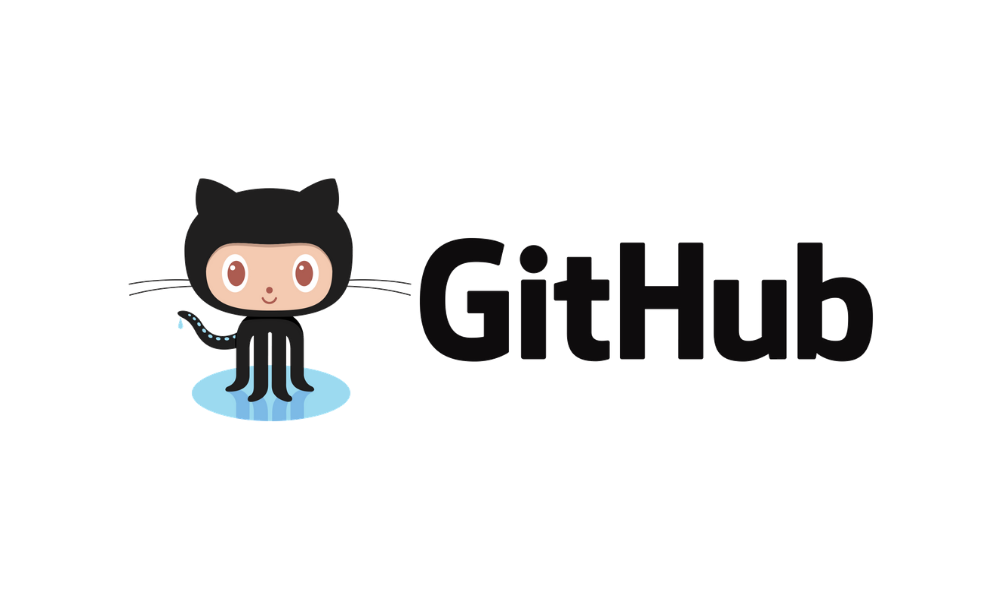
There is a common misconception that software developers work in silos, however, collaboration is one of the most important characteristics for being a good developer. GitHub provides a platform and a community to connect the millions of people each year creating software and building innovative solutions.
What is GitHub?
GitHub is an open source developer community. Coding is often thought of as a solitary activity, but in fact it is the world’s largest team sport. Our aim is to make it easier for developers to work together to solve challenging problems and create the most important technologies in the world. With the platform hitting 100 million repos in November 2018 and 41% more organisations signing up for GitHub this year than there were last year, GitHub is the community that is creating the future of software and making a difference in the world.
Why has Open Source been so slow to take off in financial services compared to other industries?
A lot of organisations in the financial sector stem from traditional structures. For example, a lot of banks are centuries old and are operating on the same legacy systems as 30 years ago. The cultures in these organisations are not built for collaboration. Teams are often siloed and even engineers do not work across teams. This results in teams not being able to see each other’s code. Teams cannot collaborate on code and cannot submit pull requests to each other. In order to break through these silos and embrace Open Source, organisations must rethink their structure and be open to a culture of collaboration across teams.
What has been the tipping point – what has changed for financial services?
Open banking and the rise of challenger banks and fintech startups are the biggest triggers for this change. Risk mitigation is at the core of all organisations in the financial sector. These organisations are tightly controlled and regulated and rightly so. But this is also stopping them from competing with the agile disruptors in the market and embracing open banking. If traditional financial organisations are to keep up with disruptors, they must break their legacy systems and embrace Open Source. Open Banking has forced UK banks to open their data through secured APIs and as a result, necessitating these organisations to take a different approach. Banks face no choice but to break the stereotype of being ‘locked down’. Breaking this barrier is not just critical to remaining relevant in their industry, but to remaining compliant.
What impact do you think initiatives like FINOS will have on the industry?
FINOS, and similar sorts of projects, are a great way of legitimising open source within the FSI industry. The broader the membership by banking institutions, the greater the acknowledgment of commonly shared problem statements. There are numerous examples of proprietary coding to address a business issue that almost every bank has. So, with this being the case, why not pool resources collectively, and solve the problem in an Open Source manner where all will benefit? This will, in turn, free up resources to work on more complex innovative solutions that will deliver higher customer and shareholder value more quickly.
What makes a good developer? What are the characteristics that are needed?
Collaboration is one of the most important characteristics for being a good developer. There is a common misconception that software developers work in silos, but it is in fact a huge team effort. Working in open source, developers need to build on each other’s code and use their skills and experience to strengthen team projects. In fact, 96% of all proprietary application development includes elements of open source. Good software developers will therefore contribute to open source, as much as they take from others. This is how developers can recognise the true value of open source.
What advice would you give new startups in this space?
Startups can excel with open source. The likes of Uber or Airbnb are prime examples of organisations that are not just succeeding through open source, but are also huge contributors to the open source community. There are a number of benefits for startups embracing OSS. These organisations do not face the same concerns around regulations that long-standing enterprises are so tied up in. Their lack of technical debt and regulatory oversight enables startups to be much more agile. Half of the 2018 Fortune Global 10 are contributing to open source on GitHub. This highlights how integral open source is for building secure and reliable software for the world’s newest technologies. For startups, open source enables them to ‘stand on the shoulders of giants’ by building on the software produced by the best developers across the globe. It is also important for startups to contribute back to open source projects to ensure a sustainable transformation journey.
We have an array of craft beers and independent music at FinTECHTalents – Give us a great song to listen to AND tell us your favourite tipple.
Craft beers and independent music? That’s awesome, two of my favourite things under one roof. One of my favourite session beers is currently Rebellion’s IPA. It’s brewed just up the road from where I live. As for music, I’ll arm-wrestle anyone who wouldn’t vote for either Muse or Radiohead as the best bands ever! I’ll stick with an oldie for my track choice: Creep, Radiohead.
GitHub is running a special ‘Discussion Room’ on the Build Stage o Day 2 of FinTECHTalents looking at ‘Is the Future of Financial Services Open Source?’







